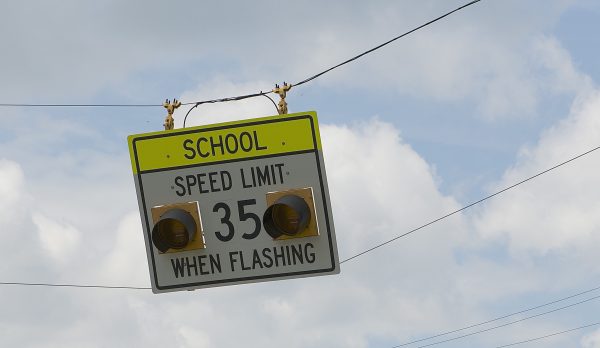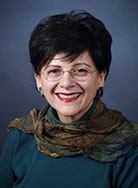UNC Charlotte Researchers Consider Impact of Increasingly Segregated Schools

By Bryant Carter, Communications Intern
Even as the 50th anniversary of the Civil Rights Act of 1964 takes place, U.S. education is becoming less diverse. To examine this issue of increasingly segregated schools, researchers from UNC Charlotte joined with educators, legal scholars and practitioners, and social scientists from around the country at a June civil rights conference hosted by Penn State’s College of Education.
Conference speakers at “Education and Civil Rights, Historical Legacies, Contemporary Strategies and Promise for the Future,” discussed the country’s history with racial segregation in public education, the current status and consequences of resegregation, and offered strategies to integrate more children of from all racial, ethnic, and social backgrounds into high-quality schools.
UNC Charlotte sociology professor Roslyn Mickelson, along with UNC Charlotte assistant research professor Martha Bottia and UNC graduate student Savannah Larimore, presented their research on student experiences and outcomes with school diversity and segregation. Other speakers included attorneys, academics and a U.S. district judge.
 Mickelson and her colleagues presented “A Meta-regression Analysis of the Effects of School Racial and Ethnic Composition on K–12 Reading, Language Arts, and English Outcomes.” This research examined the relationship of attending segregated school with reading and language arts outcomes among K-12 students.
Mickelson and her colleagues presented “A Meta-regression Analysis of the Effects of School Racial and Ethnic Composition on K–12 Reading, Language Arts, and English Outcomes.” This research examined the relationship of attending segregated school with reading and language arts outcomes among K-12 students.
They reported that attending a racially isolated school has a negative effect on reading outcomes, even after holding constant student factors and other school characteristics. The research found that the effect cumulates over a student’s educational career. Their findings were consistent with their earlier work that examined school racial composition and mathematics outcomes.
While community schools are becoming less diverse, hundreds of studies show that students from all backgrounds and grade levels do better in diverse schools, Mickelson said.
“We’ve turned away from looking at school desegregation and diversity as a policy tool – and it works,” she said. “In some respects we’re turning back the clock on equality.”
Mickelson has taught sociology, public policy, and women and gender studies at UNC Charlotte since 1985. Her widely published work addresses the ways that race, class, and gender shape educational processes and outcomes. Since 1989, Mickelson has investigated school reform in Charlotte-Mecklenburg Schools through funding from the National Science Foundation and the Ford Foundation. She has noted the district’s transformation from a desegregated to segregated school system.
Her upcoming book, Yesterday, Today, and Tomorrow: School Desegregation and Resegregation in Charlotte, being published by Harvard Education Press, focuses on these topics.
Bottia is an assistant research professor of sociology at UNC Charlotte, where she received her MA in sociology and PhD in public policy. Since 2005, she has surveyed and synthesized the educational, social, and behavioral science literatures on how school racial and socioeconomic demographics affect educational outcomes. A native of Colombia, she also researches illicit drugs and terrorist organizations, and the education of immigrant students.
Larimore is a graduate student research assistant at UNC Charlotte and is completing a master’s degree in sociology. Her research interests include food inequality, education, family, and gender. She will begin earning her PhD in sociology this fall at the University of Washington in Seattle.